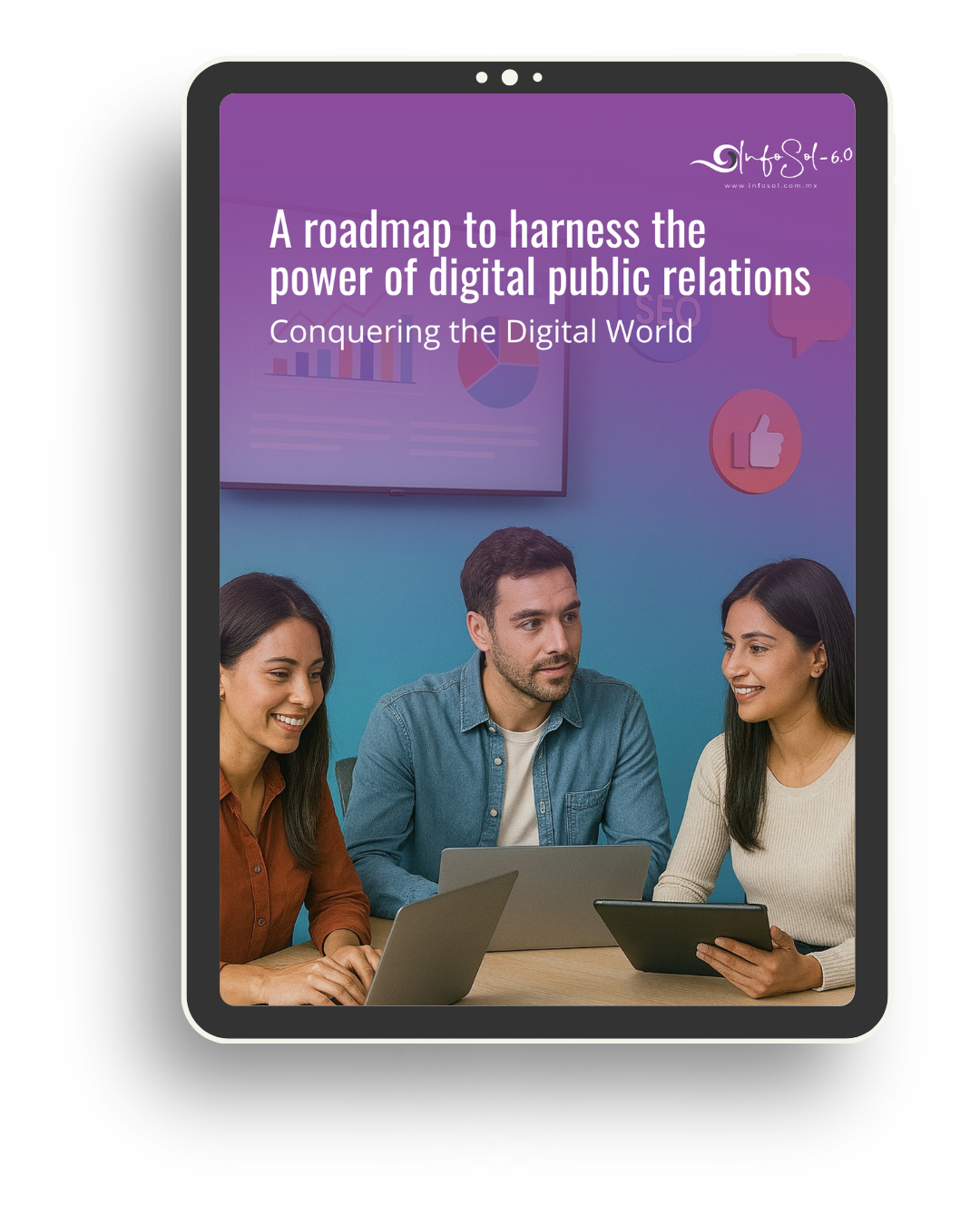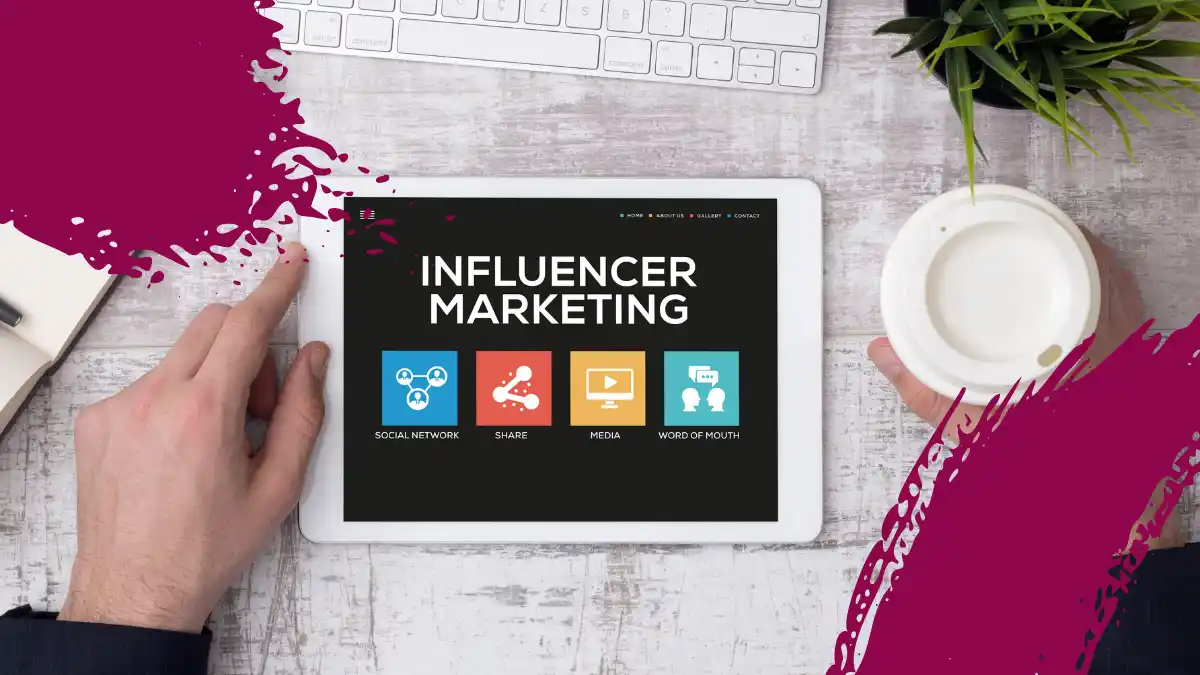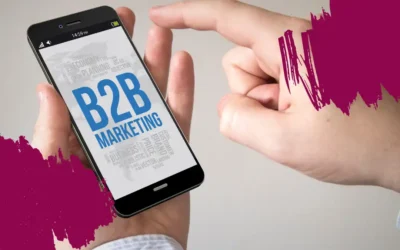In the collective mindset, influencer marketing is often associated with B2C brands thriving on platforms like Instagram or TikTok, driven by celebrities or content creators with massive followings. But can this model be adapted to more specialized industries and niche markets, where the objective is to influence business decision-makers?
The answer is simple: yes.
More and more B2B companies are integrating influencer marketing into their digital PR strategies and seeing measurable results in visibility, lead generation, and thought-leadership positioning.
The real question is: how do you design a B2B influencer campaign that’s effective and measurable? The key is to shift the focus: in B2B, influence isn’t about how many followers you have—it’s about how much credibility and value you deliver through the right voices on the right channels.
Authenticity is redefining influence
According to the Influencer Marketing State of the Industry Report 2025, the global landscape confirms a move toward more authentic, specialized profiles. Worldwide, 76% of Instagram influencers are nano-influencers (communities between 1,000 and 10,000 followers) and they post the highest engagement rate in the ecosystem (2.19%). A trend that proves trust and closeness outperform massive reach.
How to use influencers to strengthen brand positioning
The true power of B2B influencer marketing lies in leveraging trusted, third-party voices to influence business decisions. Influencers bring credibility by validating your value proposition before highly targeted, decision-making audiences.
Here’s how:
- Enhancing trust and authority: External experts—such as industry analysts, respected consultants, or niche content creators—lend impartial credibility to your messaging, especially when referencing real-world results or industry trends.
- Amplifying strategic narratives: Co-creating thought leadership content—like LinkedIn posts, webinars, or whitepapers—helps communicate your brand’s stance on complex issues, positioning you as a solutions partner, not just a vendor.
- Reaching targeted decision-makers: Influencers often have curated audiences aligned with specific industries or roles (e.g., CIOs, engineers, procurement leads), allowing your message to reach the right people more effectively.
- Driving long-term brand equity: Ongoing partnerships enable influencers to become long-term advocates—reinforcing your positioning through consistent, aligned content.
In short, B2B influencers serve as credibility multipliers—helping your brand be believed, not just seen.
Influence also delivers returns
89% of marketers consider influencer marketing ROI equal to or higher than other strategies, according to Influencer Marketing Hub. This underscores how credibility and human connection strengthen not only reputation, but also business results.
What really matters in B2B Influencer Marketing campaigns
In B2B influencer marketing, success isn’t measured by reach alone.
The most meaningful metrics are:
- Quality of engagement
- Thematic relevance
- Contextual credibility
These indicators reflect true influence—not just visibility. That’s why micro influencers are often more effective: they foster high-trust, targeted interactions that drive both brand positioning and campaign performance.
Partnering with the right influencer marketing agency can sharpen your strategy, boost credibility, and maximize ROI—ensuring each message reaches the right audience with precision and relevance.
Should you pay for Influencer Marketing?
Yes—but not blindly. It only works when aligned with a clear strategic goal and executed with precision.
In B2B, it’s not about going viral. It’s about credibility, relevance, and professional value. Collaborating with micro influencers or thought leaders who understand your industry, speak the language of your audience, and create content that educates or solves problems can:
- Accelerate decision-making cycles
- Build trust with niche audiences
- Strengthen your digital reputation
- Position your brand in key industry conversations
This approach fits naturally into the longer sales cycles that define B2B transactions, where buyers value substance, relationships, and long-term impact over flashy exposure.
That’s why influencer marketing should never be a default tactic—it should be a strategic investment. Especially (that’s right…more important or noticeable than others) when guided by an agency that understands business goals, audience alignment, and content performance.
Why hire a B2B Influencer Marketing agency?
An experienced agency brings structure, credibility, and measurable value.
Key benefits include:
- Access to a network of vetted influencers
- Strategic planning tailored to your business objectives
- High-quality, audience-resonant content
- Performance metrics and reporting for informed decisions
- Time and resource efficiency
- Up-to-date expertise on industry trends and platform algorithms
- Risk management in contracts, negotiations, and execution
When integrated into an Optimized Public Relations (OPR) strategy, B2B influencer marketing becomes much more than just visibility—it becomes a lever for reputation, positioning, and long-term business growth.
Download our free ebook
Amplify your brand’s visibility

Turn influence into impact
It’s time to make B2B influencer marketing a core part of your strategy: identify the right voices, align them with your brand narrative, and execute campaigns that deliver real results.
Authentic influence doesn’t try to impress—it aims to connect. Every well-chosen collaboration, shared story, and meaningful conversation helps build more human, trustworthy, and relevant brands. That’s how influence stops being a tactic and becomes the force that drives reputation, trust, and lasting leadership.
Ready to turn influence into real results for your brand?
FAQs
1. How do you do influencer marketing?
Set clear objectives, identify credible voices aligned with your industry, and co-create valuable content. Prioritize micro and nano influencers for authenticity and engagement, define reputation and conversion metrics, and measure outcomes with monitoring and digital analytics tools.
2. How do you measure the success of a B2B influencer marketing strategy?
Track qualitative engagement, leads generated, referral traffic, media coverage, and digital authority. In B2B, what matters is connecting influence to reputation and tangible results, integrating PR, SEO, and content marketing metrics.
3. Why should B2B companies work with micro or nano influencers?
Because they deliver real trust and credibility. Their communities are more specialized, their content is authentic, and they drive higher interaction. This collaboration boosts reputation, digital authority, and sustainable relationships with niche audiences.



